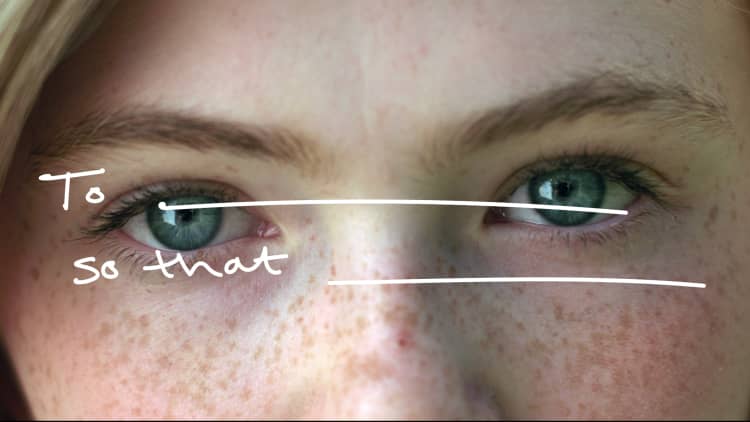We've all been raised to believe that lying is wrong...right?
Maybe not, argues Simon Sinek, author of "Start With Why: How Great Leaders Inspire Everyone to Take Action" and the forthcoming book "The Infinite Game." In a blog post, Sinek writes about an experience he had with his friend Michael, a strict vegetarian, and what it can teach us about the benefits of lying.
"[Michael] loves going out for dinner with his friends and never complains. He can always find something to eat," Sinek writes in the post. "When we went out for dinner recently, I witnessed a little trick he uses to ensure he stays a vegetarian when he's not doing the cooking himself."
After Michael decided to order soup, he asked the server whether it was vegetable or chicken stock. She assured him that it was vegetable.
When the soup arrived, Sinek writes that Michael asks, for a second time, whether the stock is really vegetable. "Because I'm really allergic to chicken and if there's any chicken in it I will have a seizure," Michael persists.
The server, now uncertain, said she would check again with someone else in the kitchen.
"Within less than a minute," according to Sinek, "she walked back and took the bowl of soup away from Michael."
Turns out, the soup was made with chicken stock.
'It's the most poetic of paradoxes'
"This is not a story of how we sometimes have to lie to get someone to care about us. It's actually something more positive," Sinek explains. "As soon as Michael shifted the accountability to the waitress, she was much more willing to invest more time and attention to Michael's needs."

To be clear, Sinek isn't implying that lying is an acceptable way to "cover your tracks" in case a mistake is made. Instead, he's saying that we should, as often as possible, give others accountability for things at work. When someone is held accountable for what could result in something negative, they will often rise to the occasion.
"If we give someone responsibility, but then double check their work a hundred times before sending it to the client, then they are no longer accountable — we are," explains Sinek. "The more individual accountability we give to someone, the more they are willing to accept the help of others to ensure everything goes right. Even the waitress knew that."
Researchers use a similar method when conducting experiments and studies. "It's often necessary to deceive users during research because giving participants complete information will likely change how they view what they're doing, how they think, what they do and what they say. In turn, the results are less valid," writes Lisa Duddington, founder of Keepitusable, an award-winning research agency whose clients include major companies like Unilever and Microsoft.
Remember when Batman took the blame?
At the end of the movie "The Dark Knight" (2008), Batman and Commissioner James Gordon tell a lie about District Attorney Harvey Dent's killing spree that occurred right before Dent's death.
Gotham City had considered Dent as their heroic "white knight" — and so, in order to preserve the city's shaken faith in law enforcement and societal order, Batman takes the blame for the killings.
The more individual accountability we give to someone, the more they are willing to accept the help of others to ensure everything goes right.Simon Sinek
Batman later tells Gordon, "Sometimes truth isn't good enough. Sometimes people deserve more."
Though a story about vegetarian soup may be a clunky way to do it, Sinek is essentially making the same point: You can call it a lie, you can call it manipulation, you can call it wrong — but sometimes, a lie helps others become the best possible version of themselves. And who wouldn't want that?
Dustin McKissen is the founder of McKissen + Company, a strategic communications firm in St. Charles, Missouri. He was also named one of LinkedIn's "Top Voices in Management and Corporate Culture." Follow him on Twitter @DMcKissen .
Like this story? Subscribe to CNBC Make It on YouTube!
Don't miss:



